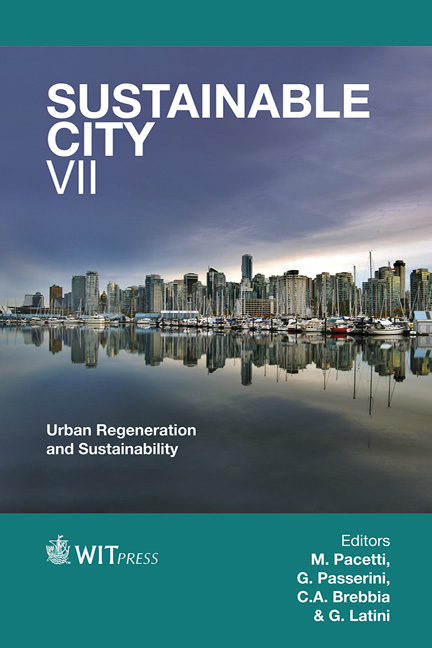New Technologies For Feminine Hygiene Products With Reduced Environmental Impact
Price
Free (open access)
Transaction
Volume
155
Pages
10
Page Range
597 - 606
Published
2012
Size
357 kb
Paper DOI
10.2495/SC120501
Copyright
WIT Press
Author(s)
G. Carlucci
Abstract
Since their first introduction at the beginning of the 20th century, disposable feminine hygiene products have been developed just focusing on improving their functional performance. Up until recently, only a few attempts were made to create eco-friendly alternatives, but their higher costs and lower performance have greatly limited the relative market potential. Our research focused on creating more sustainable products greatly reducing the use of materials and the creation of waste but still delivering all functional benefits required by the consumers (absorbency, dryness, flexibility, comfort, etc.). The newly designed disposal products offer environmental benefits in terms of: o increasing the use of renewable resources thanks to the introduction of highly performing bio-based superabsorbent polymers, which will reduce the use of oil-based absorbent materials; o reducing the volume and mass of the absorbent materials with a consequent benefit in terms of less waste disposal and a reduction in the required packaging material; o decreasing emissions (less trucks circulating per year) related to the transporting of materials, products and disposal phases. We wish to present how product optimization can be combined with biobased materials paying-off in terms of sustainability, performance and competitiveness. Keywords: disposable products, feminine hygiene, absorbency, sustainable design, bio-based material.
Keywords
disposable products, feminine hygiene, absorbency, sustainable design, bio-based material.





